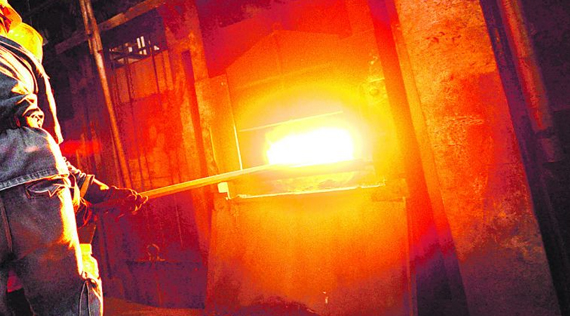
SEATTLE (ITRI.CO.UK): A recent paper by one the original champions of mineral supply chain due diligence, Gregory Mthembu-Salter, has questioned recent published criticism of upstream due diligence systems such as iTSCi, highlighting a failure to recognise that some negative trade offs, such as increased cost and exclusion of some actors from the supply chain, are inevitable if international buyers and consumers of 3T minerals are not to contribute to funding conflict in high-risk production zones. Likewise, the negative trade-off of conflict financing is made more likely if efforts to track and trace minerals are summarily abandoned in the name of maximising artisanal digger incomes.
There may, however, be a middle way, one which both lessens the financial burden on artisanal producers of implementing mineral supply chain due diligence, and ensures that international purchases of 3T minerals do not finance conflict. Greater downstream recognition of the value of efforts to avoid conflict financing and human rights abuses upstream and an increased willingness to share such costs across the entire supply chain would represent such a path, as previously debated in international fora.
The paper was published as a Working Paper on the Suluhu blog in December 2016 by Gregory Mthembu-Salter and colleague Dr Thomas Salter of Phuzumoya Consulting, experts in African politics, security and natural resources. Mthembu-Salter was part of the UN Panel of Experts in 2007-08 which made the original call for buyers to exercise due diligence on purchases of 3T minerals and gold from the DR Congo and surrounding countries, and again in 2010-2011, drafting the original recommendations for the UN due diligence guidelines, which were published in advance of those from the OECD.
Entitled "A Response to 'Terr(it)or(ies) of Peace'" the article sharply criticises a paper of that title published by University of Zurich authors Christoph Vogel and Timothy Raeymaekers in the journal Antipode in March 2016. Specifically, explaining in detail why that paper is too quick to 'point an accusatory finger' at the inevitable negative consequences of imposing due diligence and traceability requirements, the paper argues instead there should be an exploration of the 'more pressing issue' of how to resolve the policy paradox involved in relation to the alternative of doing nothing.
There is increasing debate about how the downstream sector can more effectively contribute direct funding to assist upstream suppliers in a fairer balance of responsibility across tiers of the supply chain, so as better to protect the livelihoods of artisanal miners. Upstream industry continues to propose this suggestion, including for example in an open letter from iTSCi members and local government agencies published in December 2015 when low commodity prices threatened funding. At a recent Conflict-Free Sourcing Initiative (CFSI) conference DRC Vice-Président de la Chambre des Mines, John Kanyoni called for a more equitable sharing of costs as well as value. Joseph Ikoli Yombo Y'Apeke, Deputy Director Cabinet, Ministry of Mines, DRC also argued for additional financial support from downstream users during his speech at the event.
Courtesy: www. itri.co.uk
| Copper Scrap View All | |
| Alternator | 0.31 (0) |
| #1 Copper Bare Bright | 3.65 (-0.04) |
| Aluminum Scrap View All | |
| 356 Aluminum Wheels (Clean) | 0.71 (0) |
| 6061 Extrusions | 0.62 (0) |
| Steel Scrap View All | |
| #1 Bundle | 475.00 (0) |
| #1 Busheling | 495.00 (0) |
| Electronics Scrap View All | |